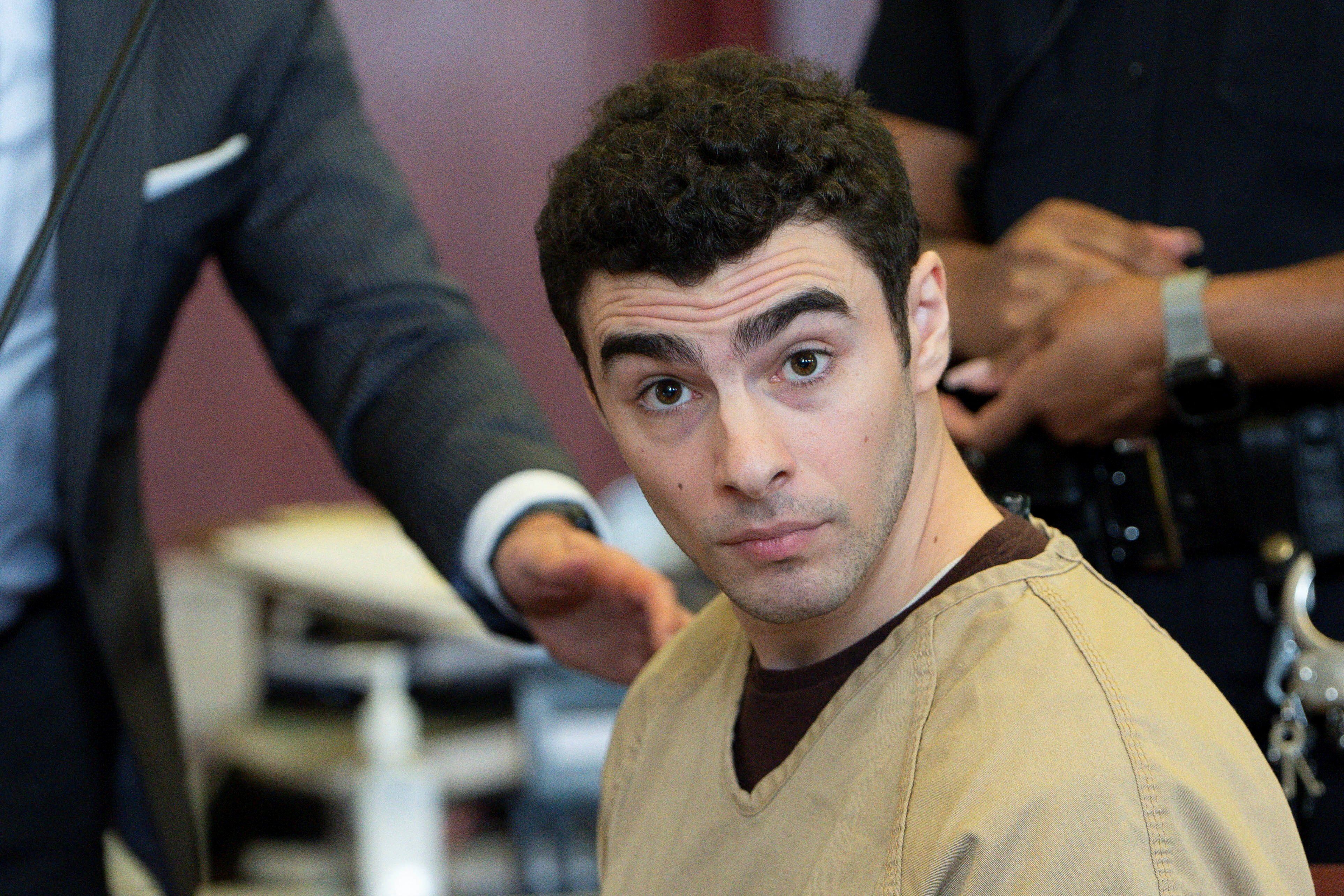A judge in New York ruled on Tuesday that Luigi Mangione, the man accused of the fatal shooting of UnitedHealthcare CEO Brian Thompson, cannot be charged with terrorism — but the second-degree murder charges can proceed.
According to the Associated Press, Manhattan Justice Gregory Carro "said that although there is no doubt that the killing was not ordinary street crime, New York law doesn’t consider something terrorism simply because it was motivated by ideology." He added that, “While the defendant was clearly expressing an animus toward UHC, and the health care industry generally, it does not follow that his goal was to ‘intimidate and coerce a civilian population,’ and indeed, there was no evidence presented of such a goal.”
Mangione's lawyers also argued that the state charges were double jeopardy because of a parallel federal death penalty case against him, and that it would be “legally and logistically impossible to defend against them simultaneously.” But Carro rejected this argument, calling it premature.
Mangione has already pleaded not guilty to all charges against him, including in the federal case.
According to investigators, Mangione, an Ivy League graduate who comes from a wealthy family, donned a mask and shot Thompson from behind while he was attending an investor conference at the New York Hilton Midtown. Police found that he had written, “delay,” “deny” and “depose” on the ammunition — common industry speak for how health insurance companies avoid paying out claims to their beneficiaries.
The killing triggered a massive reaction on the internet, with some activists going so far as to celebrate Mangione as a folk hero as they raged about their own experiences navigating the health insurance industry.
Overall, however, it has increased a climate of public fear, even triggering an increase in positions in the security industry as people fear further politically-motivated violence — which has only escalated with the murders of former Minnesota state House Speaker Melissa Hortman and right-wing youth activist Charlie Kirk.
